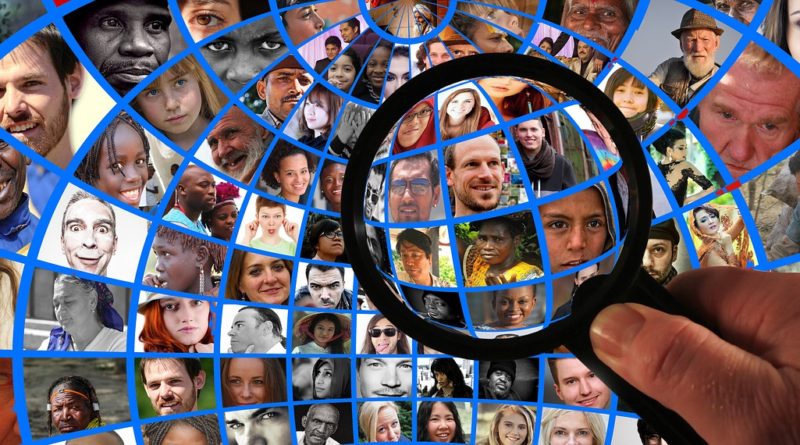Understanding Behaviour: A Sociocultural Approach
A Sociocultural Approach to Understanding Behaviour
This academic year, psychology students are exploring three approaches to understanding behaviour: the biological approach, the cognitive approach, and the sociocultural approach. In two previous blog posts, I outlined the first approach we covered, the biological approach to understanding behaviour, and the second approach we covered, the cognitive approach to understanding behaviour. Today I will outline their final unit of this academic year – the sociocultural approach to understanding behaviour.
The IB Psychology subject guide tells us that the sociocultural approach to behaviour “investigates the role of social and cultural influences in shaping thinking and human behaviour. An increasing body of culturally informed research has made crosscultural psychology as well as cultural psychology a contemporary topic of debate among psychologists working in the field. Theories, concepts and research studies provide the background for a more nuanced understanding of the variety and complexity of human behaviour. This is important in the modern globalized world where issues related to migration and integration are on the rise.“
The sociocultural approach explores topics such as
- Cultural origins of behaviour and cognition
- Cultural influences on behaviour
- Social Identity Theory
- Social Cognitive Theory
- Formation and effects of stereotypes
- Cultural dimensions (e.g., individualism vs collectivism)
- Cultural norms
- Enculturation processes
- Acculturation processes
- Research methods used in the sociocultural approach to understanding behaviour
- Ethical considerations of the sociocultural approach to understanding behaviour
This is a particularly interesting unit to learn about in an international school environment. The students are engaged in the lessons and seem to be enjoying learning about these types of topics and applying them to their own lives and personal sociocultural experiences.




